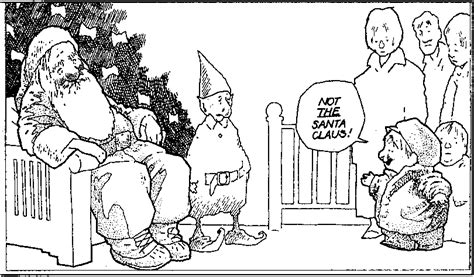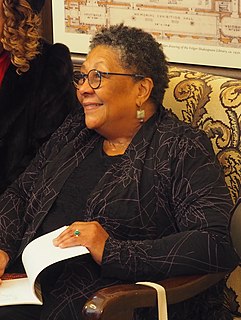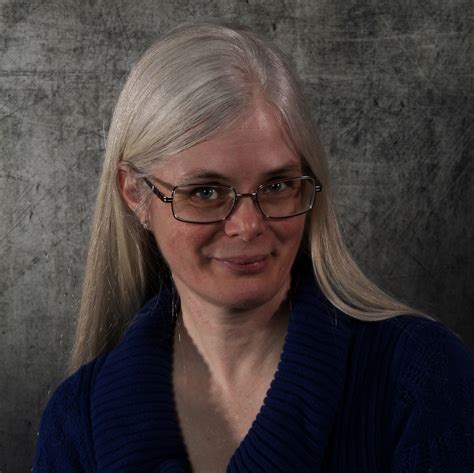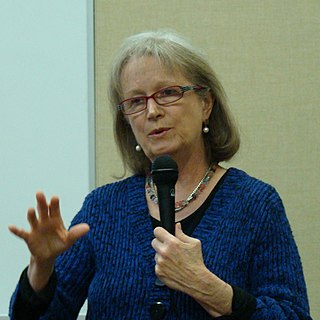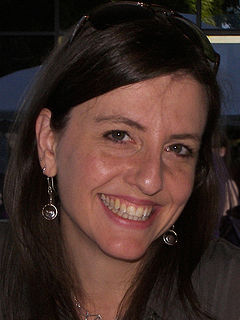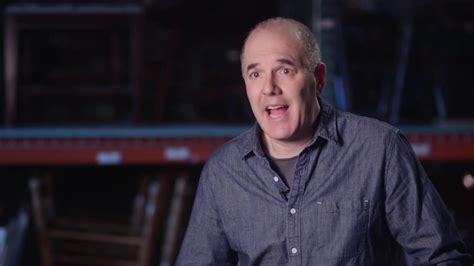A Quote by Dick Guindon
Writing is nature's way of letting you know how sloppy your thinking is.
Related Quotes
Writing helps us heal in certain way, but it doesn't make the experience of thinking about writing that occasion any less painful. When you revisit trauma, you don't know what's going to be triggering for you because you don't know how it's connected in your mind. So in the same way when we write something, it doesn't completely resolve the experience for us. It can feel therapeutic, but that's not the reason why I do it. I do it to ask a question, or just to find meaning.
I think everything in life is art. What you do. How you dress. The way you love someone, and how you talk. Your smile and your personality. What you believe in, and all your dreams. The way you drink your tea. How you decorate your home. Or party. Your grocery list. The food you make. How your writing looks. And the way you feel. Life is art.
The Zen way of calligraphy is to write in the most straightforward, simple way as if you were a beginner, not trying to make something skillful or beautiful, but simply writing with full attention as if you were discovering what you were writing for the first time; then your full nature will be in your writing.
I write books because I have always been fascinated by stories and language, and because I love thinking about what makes people tick. Writing a story... 'The Giver' or any other... is simply an exploration of the nature of behavior: why people do what they do, how it affects others, how we change and grow, and what decisions we make along the way.
Get to know yourself. Know your own failings, passions, and prejudices so you can separate them from what you see. Know also when you actually have thought through to the nature of the thing with which you are dealing and when you are not thinking at all... Knowing yourself and knowing the facts, you can judge whether you can change the situation so it is more to your liking. If you cannot--or if you do not know how to improve on things--then discipline yourself to the adjustments that will be necessary.
You can't. Do you hear me? You think you've figured something out? You run over here so pleased with yourself because you changed your mind. Now you're certain. You're so... sloppy. You don't know anything. The book, the math, the dates, the writing, all that stuff you decided with your buddies, it's just evidence. It doesn't finish the job. It doesn't prove anything.
